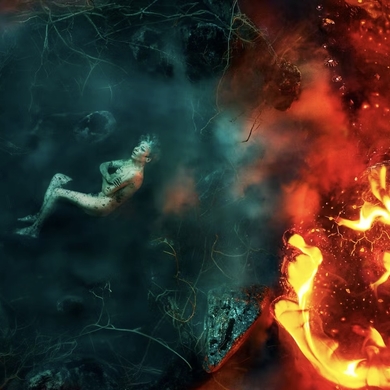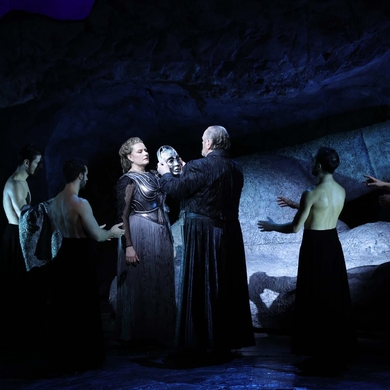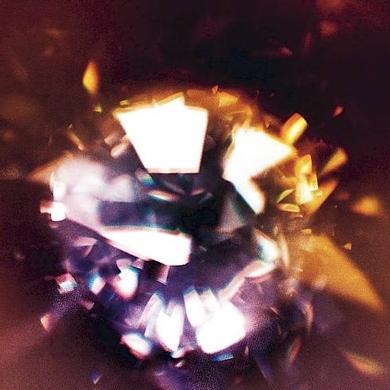Will the reputation of Antonio Salieri (1750–1825) ever recover from Peter Shaffer’s international hit play Amadeus, and the subsequent Oscar-winning movie? Given the universal predilection for slander and conspiracy theories, not bloody likely. The rumor that the older master poisoned Mozart began circulating not long after the younger master’s death. And like the apocryphal tales (perpetuated by Shakespeare) that Richard III murdered his adolescent nephews in London’s bloody Tower, it stuck. What a blow. For most of his life, Salieri reigned as a fixture of Vienna’s world-beating musical establishment, a composer of operatic hits, for decades the music director of the Imperial chapel, at various times a teacher to the likes of Beethoven, Schubert, and later Franz Liszt. Again like Richard III, Salieri has his largely ineffectual defenders. To honor the 200th anniversary of his demise, musical institutions in Vienna have organized a laundry list of events under the umbrella title “Salieri 2025.” Yet there’s a crown jewel in the mix, and this is it: a program by the Vienna Choir Boys, founded in 1498 and directed in the day by Salieri himself, accompanied by members of the Vienna Philharmonic under the exacting yet inspirational baton of Riccardo Muti. Salieri’s brilliantly orchestrated choral fanfare “Lob der Musik” (In Praise of Music) raises the curtain. Mozart’s jubilant, contrapuntally Daedalean Symphony No. 41 in C Major, K. 551 (“Jupiter”) follows, unconventionally, at the close of the concert’s first half, ceding the grand-finale spot to Salieri’s Mass No. 1 in D major, a royal marriage of pomp and poetry. —Matthew Gurewitsch
Arts Intel Report
Riccardo Muti at Wiener Hofmusikkapelle

Riccardo Muti
When
May 17–18, 2025
Where
Etc
Photo: © Wiener Hofmusikka



